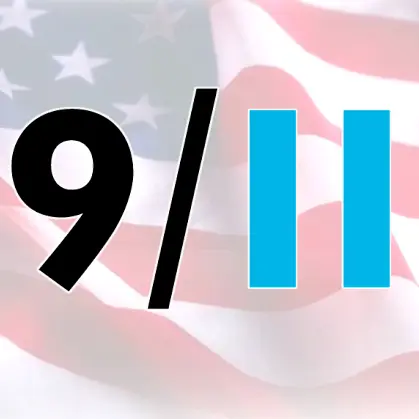A photojournalist's lawsuit over his 9/11 footage's unauthorized use in 16 documentary films leads to an "epic copyright ruling"
-

Anthony Fioranelli was one of four reporters allowed the World Trade Center disaster site to capture footage of the devastation. "He quickly licensed his footage to local stations, and when he believed CBS to be using more than what he licensed, he sued," explains The Hollywood Reporter Eriq Gardner. "A settlement agreement resolved that initial controversy, but then CBS made its own 9/11 coverage available to others. CBS allowed BBC and a company called T3 to sublicense footage, and eventually, Fioranelli’s work filtered out into other works he didn’t directly authorize. Those included Oliver Stone’s World Trade Center, Celsius 41.11 (a conservative retort to Michael Moore’s Fahrenheit 9/11) and 9/11: Day That Changed the World. In each of these works, Fioranelli’s footage occupies mere seconds of screen time, and the first major aspect of (U.S. District Judge Vernon) Broderick’s decision pertains to arguments that as such, the use was de minimis. Broderick isn’t impressed with what he characterizes as a 'mathematical argument,' which basically amounts to the proposition he do a temporal evaluation. The screen time may be brief, but that still can be actionable, and the judge finds another way to measure." Fioranelli first sued in 2015 with defendants that included Paramount Pictures, A&E Television and BBC Worldwide.
TOPICS: 9/11, Documentaries, Legal
More 9/11 on Primetimer:
